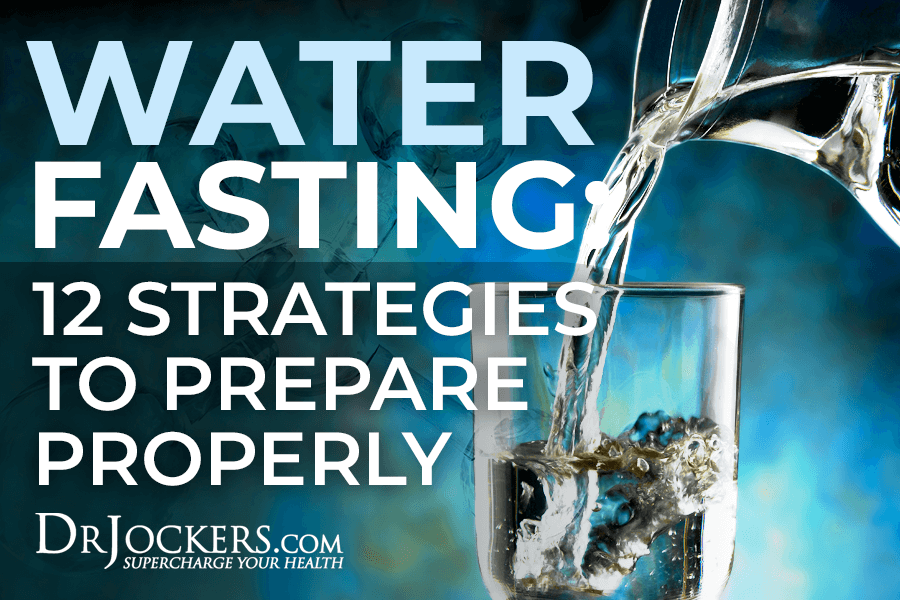 Water Fasting: 12 Strategies to Prepare Properly
Water Fasting: 12 Strategies to Prepare Properly
Water fasting has been practiced throughout history and is considered the most ancient healing practice. There are tremendous health benefits to water fasting but it can be a challenging experience the first few times someone goes through it. The purpose of this article is to give you practical strategies to prepare your body for a more comfortable and effective extended water fast.
Fasting is like exercise in that it is very uncomfortable and can even be downright painful when you first get started. But just like exercise, as you develop your fasting fitness, it will get easier and more enjoyable.
I work out very intensely several times a week and couldn’t imagine living without high intensity exercise. I love exercise and I enjoy the endorphin pump I get when training but the reason why I have built a lifestyle around exercise is because I enjoy how I feel when it is finished.
I wouldn’t say I enjoy the physical pain I experience when I am exercising and there are many times when I don’t feel like exercising, but I do it regardless. I would say the same about fasting.
I love how I feel at times during a fast…but overall, I don’t love the fasting experience when I am in it. I do love the results and how I feel afterwards and that is worth it to me! I believe you will most likely have a similar experience. Read this article to find out how to make your water fasting experience better in every way.
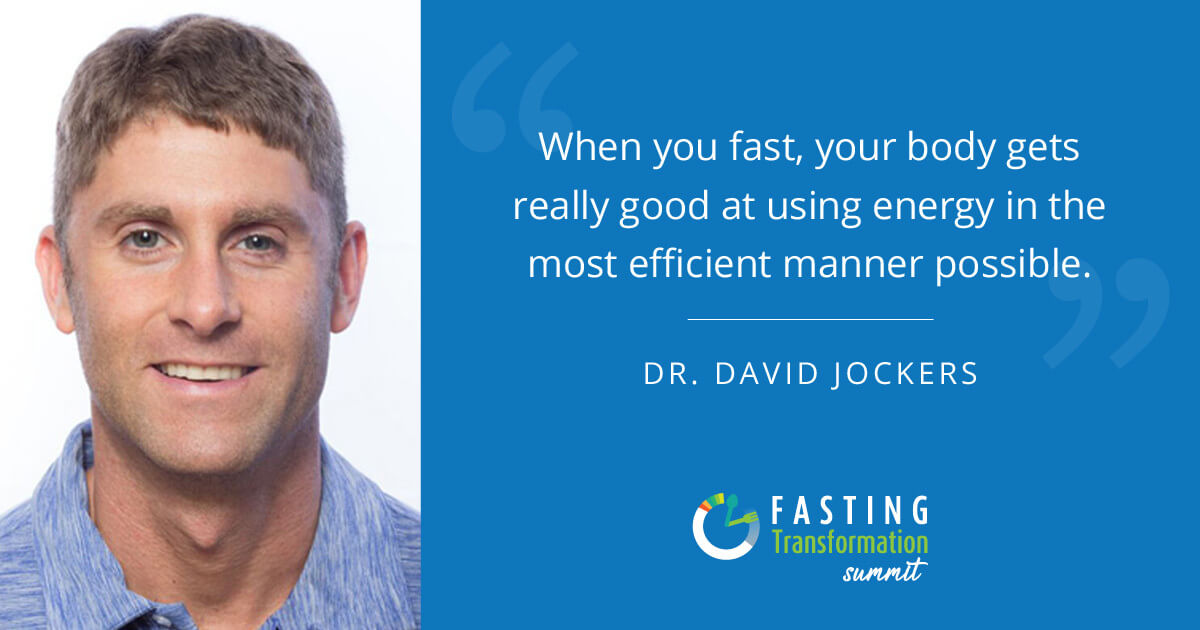
The Transformational Benefits of Fasting
I am a huge fan of both intermittent and extended fasts. The main benefits you get from an extended fast that go beyond what you get with intermittent fasting or time restricted feeding include greater levels of autophagy and human growth hormone release and increases in stem cells within all the tissues of the body (1, 2, 3, 4).
These benefits allow the body to heal and repair older cells, tissues and organs at a much higher and deeper level than intermittent fasting. Everyone can benefit from one or two extended fasts each year to allow the body to break down older, weaker cellular components and rebuild new and healthier cells.
Those who stand to benefit the most from extended water fasting include individuals suffering from the following:
Metabolic Syndrome – Diabetes and Obesity
Overweight Individuals
Chronic Inflammatory Conditions
Autoimmune Diseases
Gut Health Challenges
Neurodegenerative Conditions
Cancer
You can read about all the benefits of living a fasting lifestyle where you incorporate both intermittent and extended fasting strategies in this article.
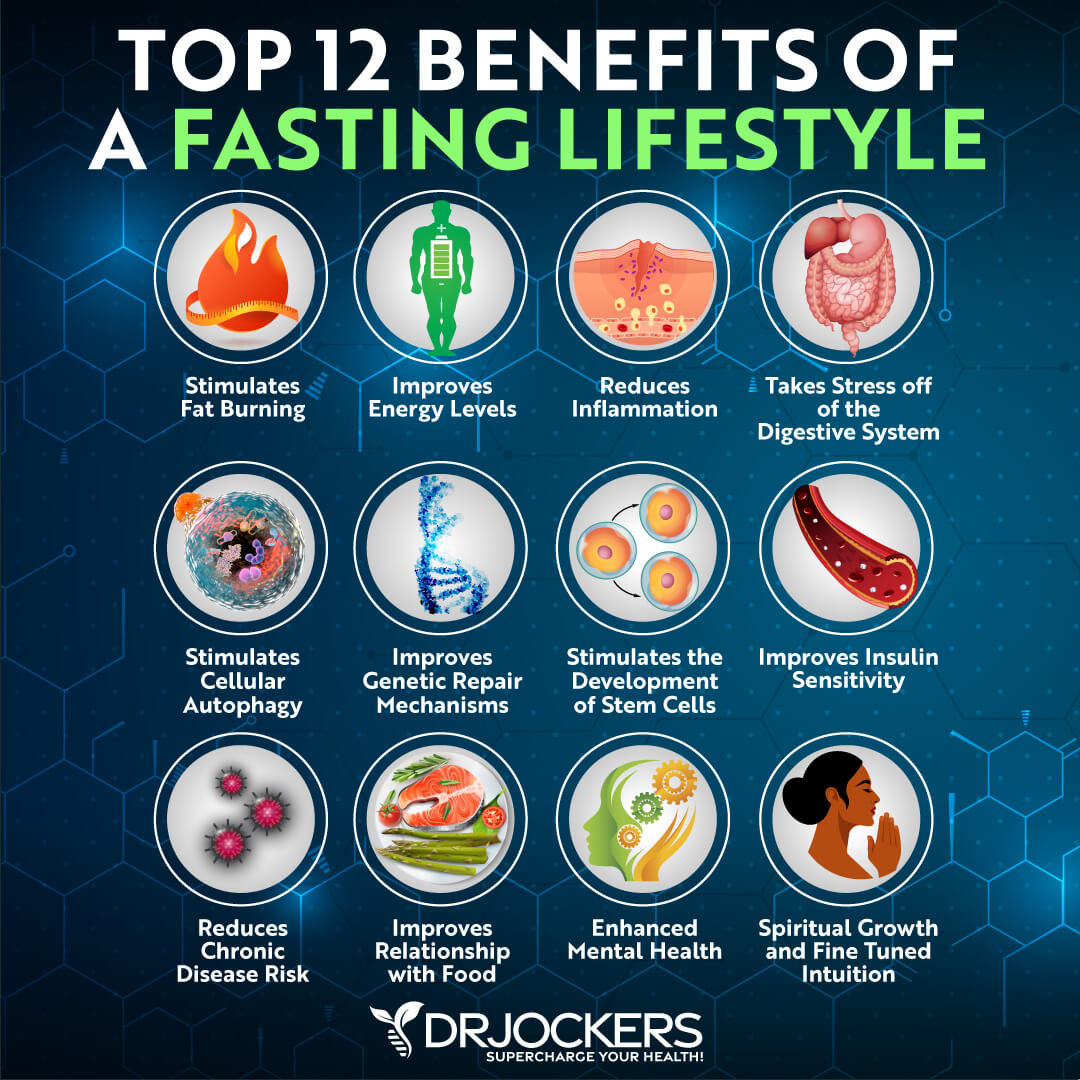
How Long Should I Fast For?
If you don’t suffer from any of the conditions above, extended water fasting can still help you reduce inflammation and your risk of developing disease and it can also help you improve your mental function and overall performance in life.
I personally do one or two 4-5 day water fasts each year even though I am very lean and don’t have any major health issues. I feel restored and rejuvenated after doing this and I feel a significant increase in overall energy and mental performance for a month or two after going through the fast.
One of the common questions I will get is how long should I fast. I believe that for many people a 4-5 day water fast is all that is needed. If you are significantly overweight or have debilitating inflammation, you may consider doing a longer fast such as 8-10 days or you can just do the 4-5 day fast more frequently.
For lean individuals with chronic inflammatory diseases, I will typically recommend a 3-5 day water fast every 8-12 weeks until the inflammatory condition improves. Your body will get stronger and healthier through each fast. Over the course of 6-8 months, you can see dramatic improvements by doing these periodic extended fasts.
For individuals with a lot of weight to lose, I will often recommend a 10-day water fast every other month or a 5-day water fast each month. This is a great regimen to follow along with daily intermittent fasting or alternative day fasting to see significant weight loss and dramatic improvements in insulin sensitivity and inflammation levels.
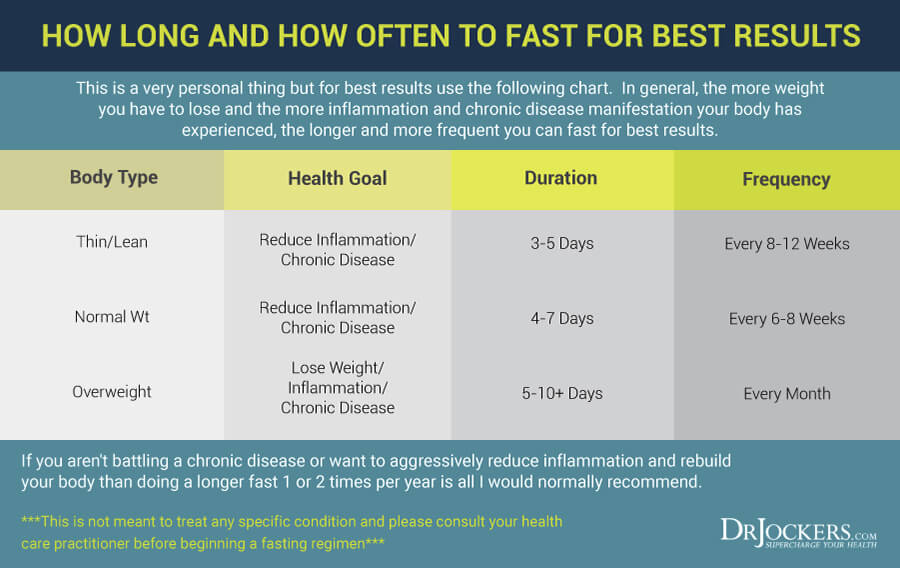
Who Shouldn’t Do an Extended Water Fast?
While most people stand to benefit from extended water fasting from time to time, there are certain individuals I would not recommend this too. This would include the following:
Individuals with Eating Disorders
Pregnant Women
Nursing Moms and Newborns
Young Children
Individuals with Type I Diabetes
Extreme Athletes Who are in Season
Individuals Who Are Severely Underweight
Individuals Who Are on Medications (Especially diabetes medication, anti-seizure meds and corticosteroids as these can impact blood sugar levels.
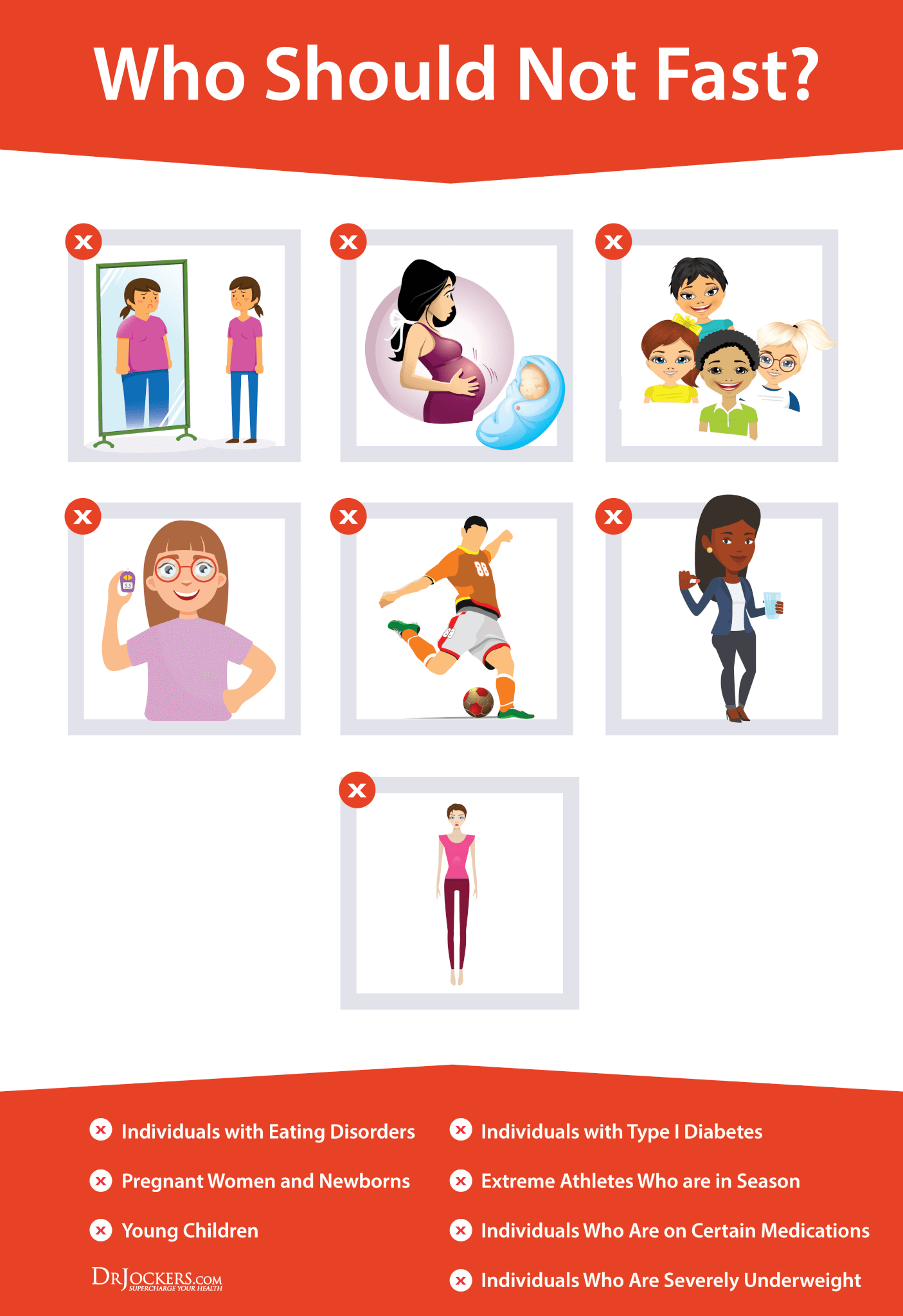
How to Prepare for an Extended Fast
It is important to prepare your body well for an extended fast. I typically recommend doing a ketogenic diet and intermittent fasting for at least 2-3 weeks before beginning an extended fast as it will put the body into a fat burning mode and make it significantly easier to do a longer fast.
It is important to always remember that fasting is a muscle. The more we train our body responsibly to fast, the stronger we become and successive fasts become easier and more comfortable. A ketogenic approach mimics fasting, so it is a great step to help build your fasting muscles.
I also recommend doing a weekly 20-24 hour fast for at least 1-2 weeks before beginning the extended water fast. Doing this will help your body get used to experiencing time without food and will help it get fat adapted and into ketosis faster. If the concept of a ketogenic diet is new to you, than check out this article here
It may be challenging the first time you do intermittent fasting like this, but you will be developing your fasting fitness and this will pay off with a more comfortable extended water fasting experience. Additionally, here are a number of preparation steps that will support you on your fasting journey!
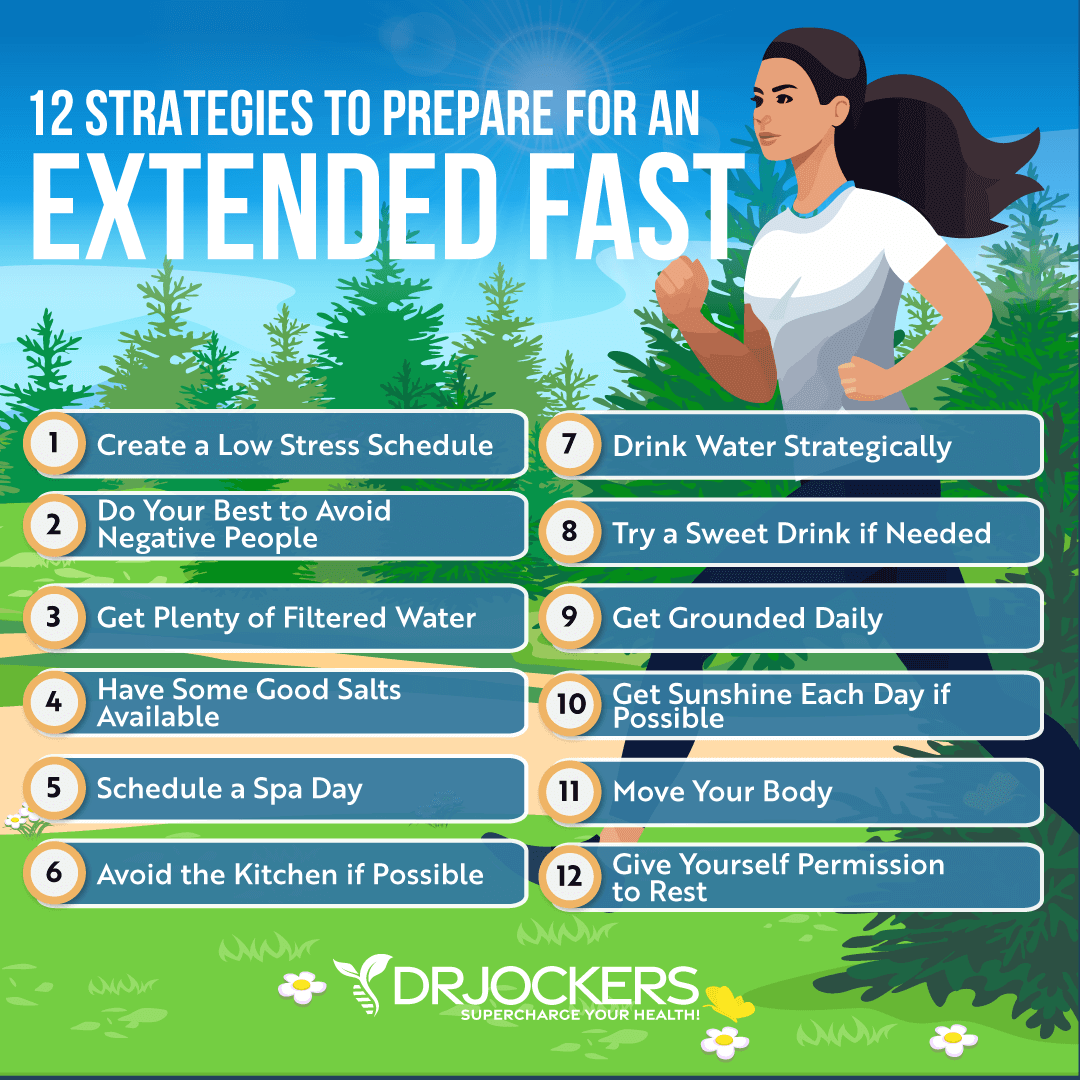
Create a Low Stress Schedule:
A high level of stress is the biggest thing that derails people from having success on a fast. Schedule yourself very light so you have plenty of time to rest throughout the fast. If you have a stressful job, it is a good time to take a vacation or work on a limited basis during the fast.
This is especially important during the first fast as that is typically the most challenging. After you develop your fasting muscles, it is actually quite helpful to be busy during your fast because you think less about eating and you are more productive when your body is running on a high level of ketones.
If you are in a very stressful season of life, it may not be the best time to do extended water fasting. If you are needing to do it to get a health breakthrough than do your best to meditate and pray and find ways to reduce the stressors you have control over before you begin the fast.
Additionally, take time each day to slow your breathing and take long deep breaths. Short shallow breaths stimulate a fight or flight physiology that triggers more stress hormones and blocks the body from healing and repairing itself. Long deep breaths stimulate the part of our physiology the activates the healing response.
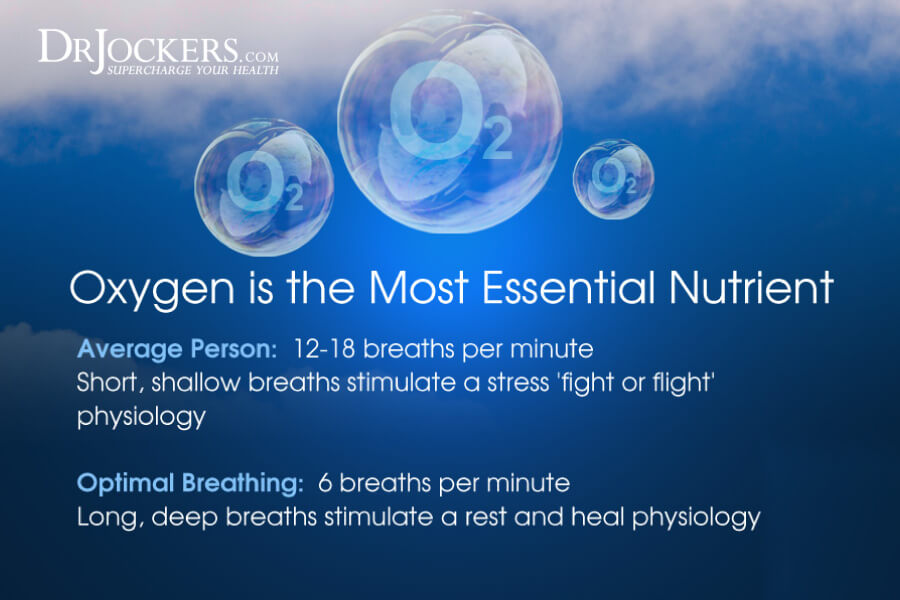
Do Your Best to Avoid Negative People:
Some people in our lives are highly encouraging and empowering while others tend to be negative and drag us down. If at all possible, do your best to distance yourself from negative people during the fast.
If the negative people in your life happen to be in your family or work environment and you are unable to avoid them, then try having a heart to heart conversation with them. Without coming across judgmental, let them know just how important it is for you to be in a positive environment while you go through this fast and you really need their support.
Be sure to give them lots of positive reinforcement when they do exhibit the behaviors you want. This is really important to help reshape your relationship with them and reduce stress in your life.
The more you can be in an attitude of gratitude and thankfulness the better you will feel. This will also influence all the people around you and overtime it will help bring out the best in others as well as yourself. The info graphic below gives you three daily practices that will help improve this area of your life.
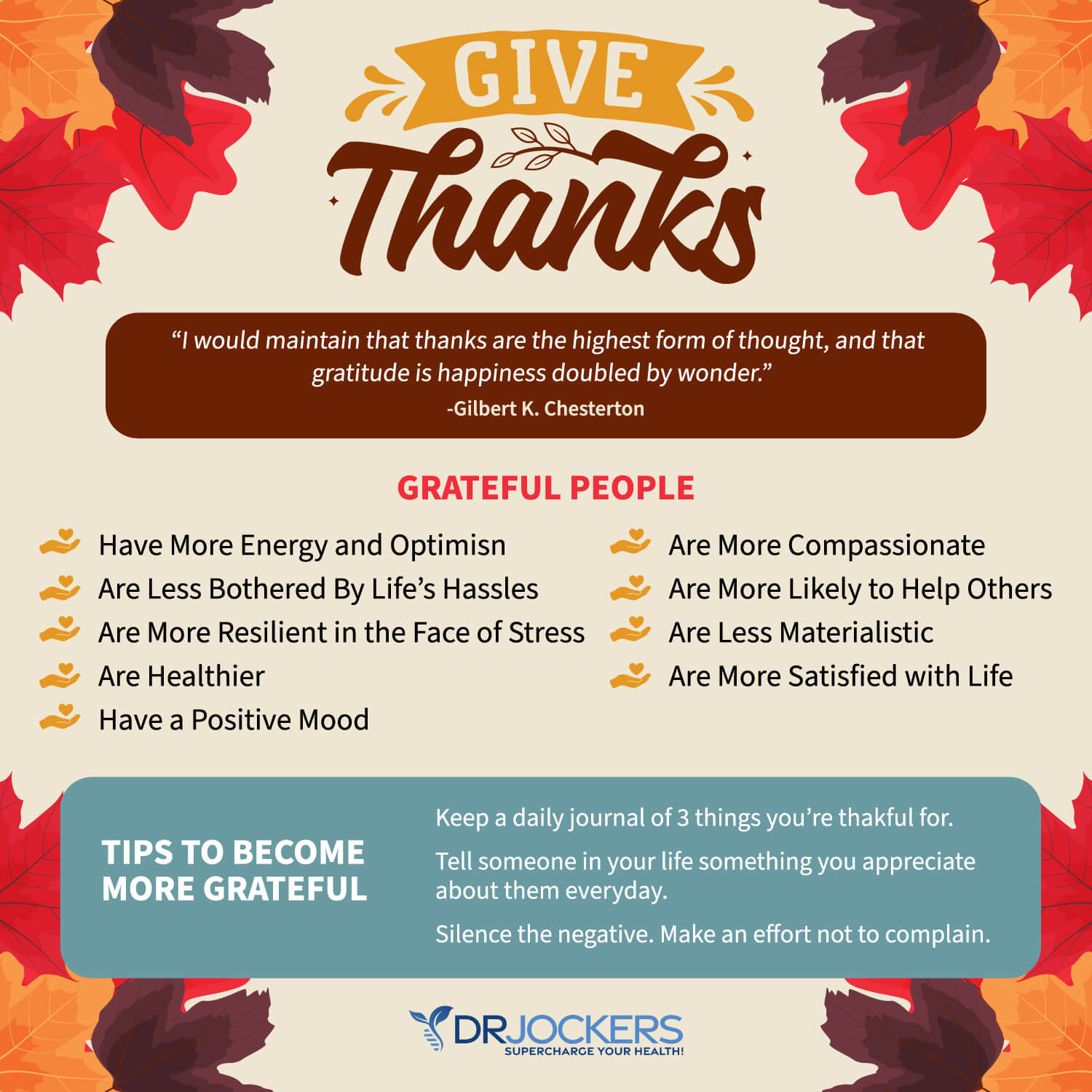
Get Plenty of Filtered Water:
Hydration is especially important on an extended fast. This is because you will lose a lot of water as your body uses up stored sugar called glycogen in the muscles and liver. Glycogen carries water with it and as you use this energy source, you will urinate out the extra water. Additionally, as your insulin levels drop, you will excrete more sodium, which will also carry water out of your system.
You want to have a lot of good clean water available. I recommend systems like the iSpring or the Berkey system for low-cost filtration, so you have easy access to clean water in your home. The best water is the UltraLux Triple Action Hydrogen Water Machine which is what I use at home as it is powered by molecular hydrogen which reduces oxidative stress in the body and improves immune function.
If this isn’t an option, getting some bottled Fiji water from your local grocery store is another option you can apply. It is best to have your own water system and drink of glasses and mason jars to reduce your exposure to plastics.
Add a slice of lime for some extra flavor. Additionally, make sure to eat plenty of hydrating vegetables and low glycemic index fruits, and drink green juices, green smoothies, bone broth, and herbal tea. Aim to drink at a minimum an ounce of water per pound of body weight. I will often have my clients aim to drink 1 full gallon and sometimes more each day during the fast to keep their hydration levels up.
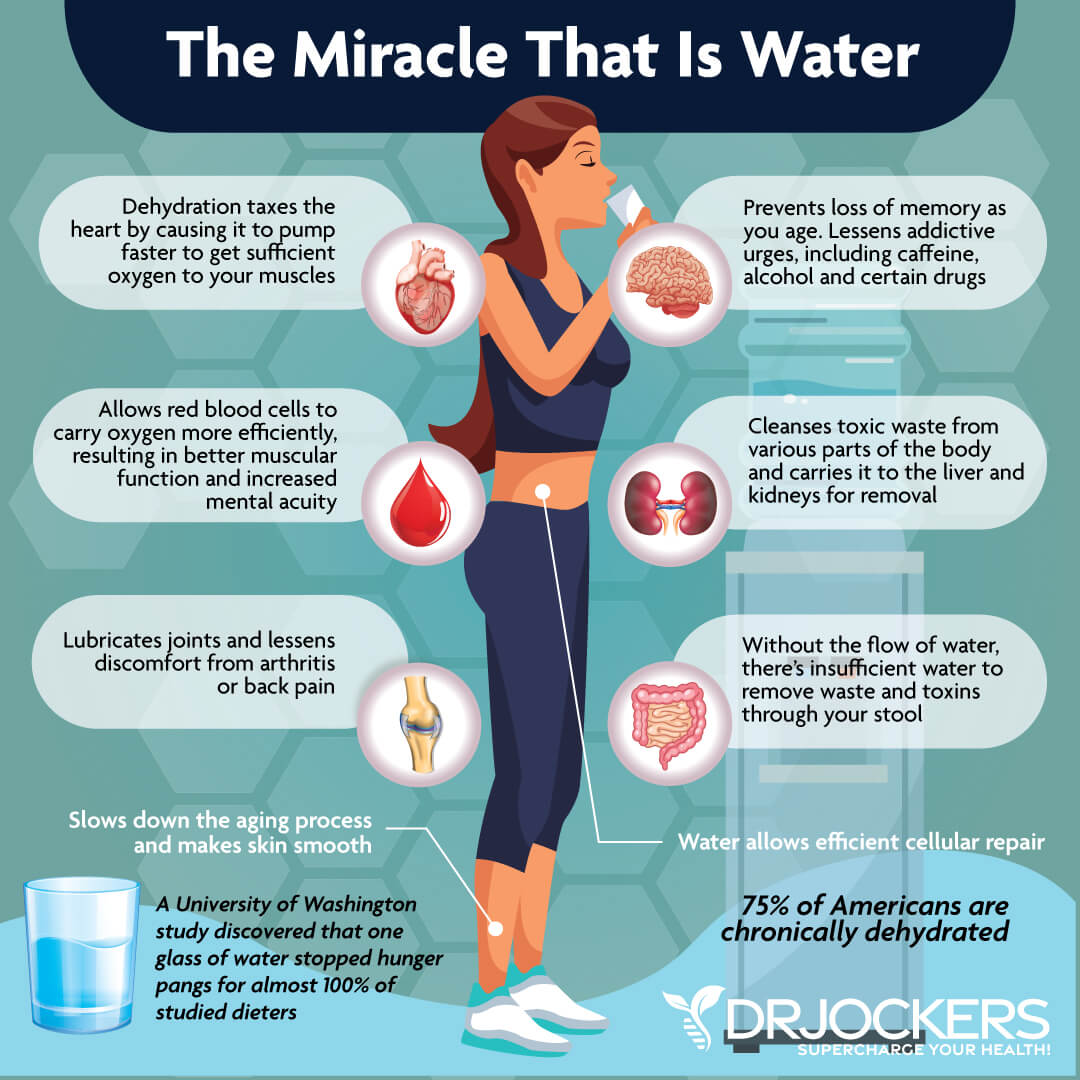
Have Some Good Salts Available
You will need some electrolytes along the way and I am a fan of using a good quality salt such as Redmond’s Real Salt, Himalayan Sea Salt or Celtic Sea salt is a great idea.
As I mentioned above, when you are water fasting your insulin levels will drop. Insulin is the hormone responsible for putting sugar into cells and it also causes the body to retain sodium (5). Lower insulin levels will result in an increased excretion of sodium, especially on the first few days as the body adapts.
If you feel tired or dizzy during the fast, take a pinch of the salt and put it on your tongue and drink 4-8 oz of water. Most people notice a change in energy and mental function right away.
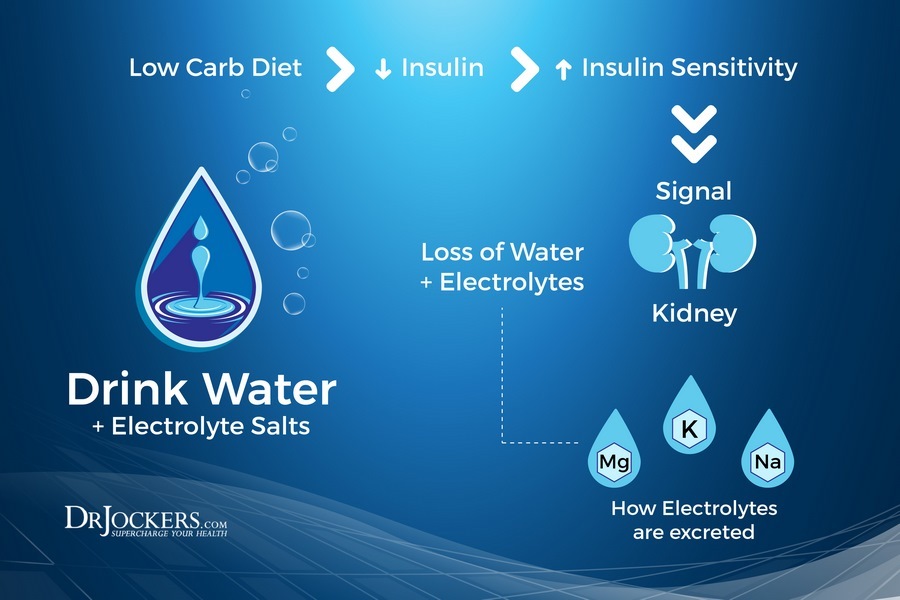
Schedule a Spa Day:
You will be saving money by not eating food, so I recommend reinvesting that into yourself. Taking a spa day or multiple spa days and getting a massage, going in the sauna, etc. can really help you reduce stress, detoxify your body and make the fasting process more comfortable and enjoyable.
Our natural wiring as humans is to move towards things that give us pleasure. Food is one way we derive a lot of pleasure and that is why so many of us struggle with food addictions. It is also why it is normal to experience a wide array of emotions early on when we are doing water fasting. Our body is so used to the neurochemical boost we get from eating and it has to adapt to not getting this reward several times a day.
By scheduling in a spa day or two, you can have this as a positive reward to look forward too. You would be surprised at how this can help you cope with the emotions that may spring forth as you go through the fast. The spa treatment can give you something really great to look forward to during the fast as a way of rewarding yourself.
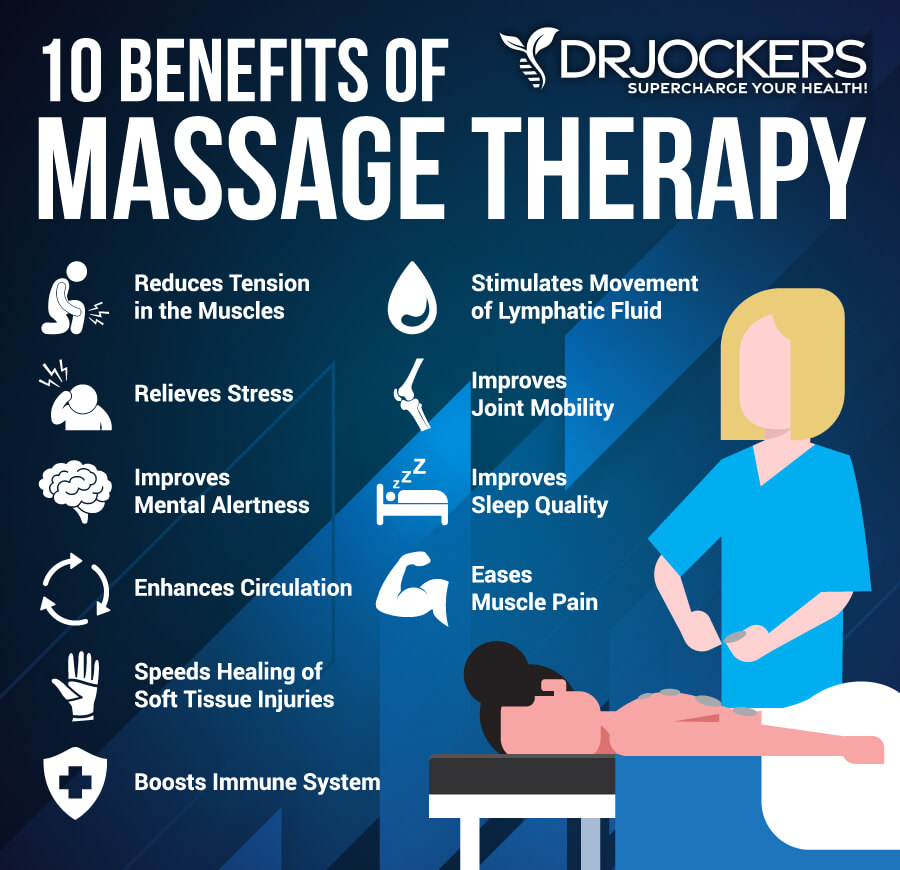
Avoid the Kitchen if Possible:
Many people struggle with food cravings every time they go into the kitchen, so I recommend they do their best to avoid the kitchen if possible. This is especially important the first time or two that you fast. After a while, you develop a mental resilience that helps you to overcome this urge much easier.
If you cannot avoid the kitchen, then make a nice herbal tea or get some water available and be sure to drink while preparing the food. The water will help you reduce hunger and cravings and desires to eat.
Drink Strategically:
You will typically feel hungrier around the times of day you normally eat. This is a normal and natural hormonal process where your hunger hormone, ghrelin increases to stimulate eating. Drinking water helps to reduce ghrelin levels and reduce hunger. You can also try doing herbal teas such as green tea or chamomile.
Yes, I am not a purist when it comes to water fasting. I believe that water fasting is basically fasting with less than 1% of your normal calories per day. So, this would mean less than 15-25 calories per day for most people. In general, this is such a small amount that most people will be consuming no calories at all and herbal tea does not contain calories.
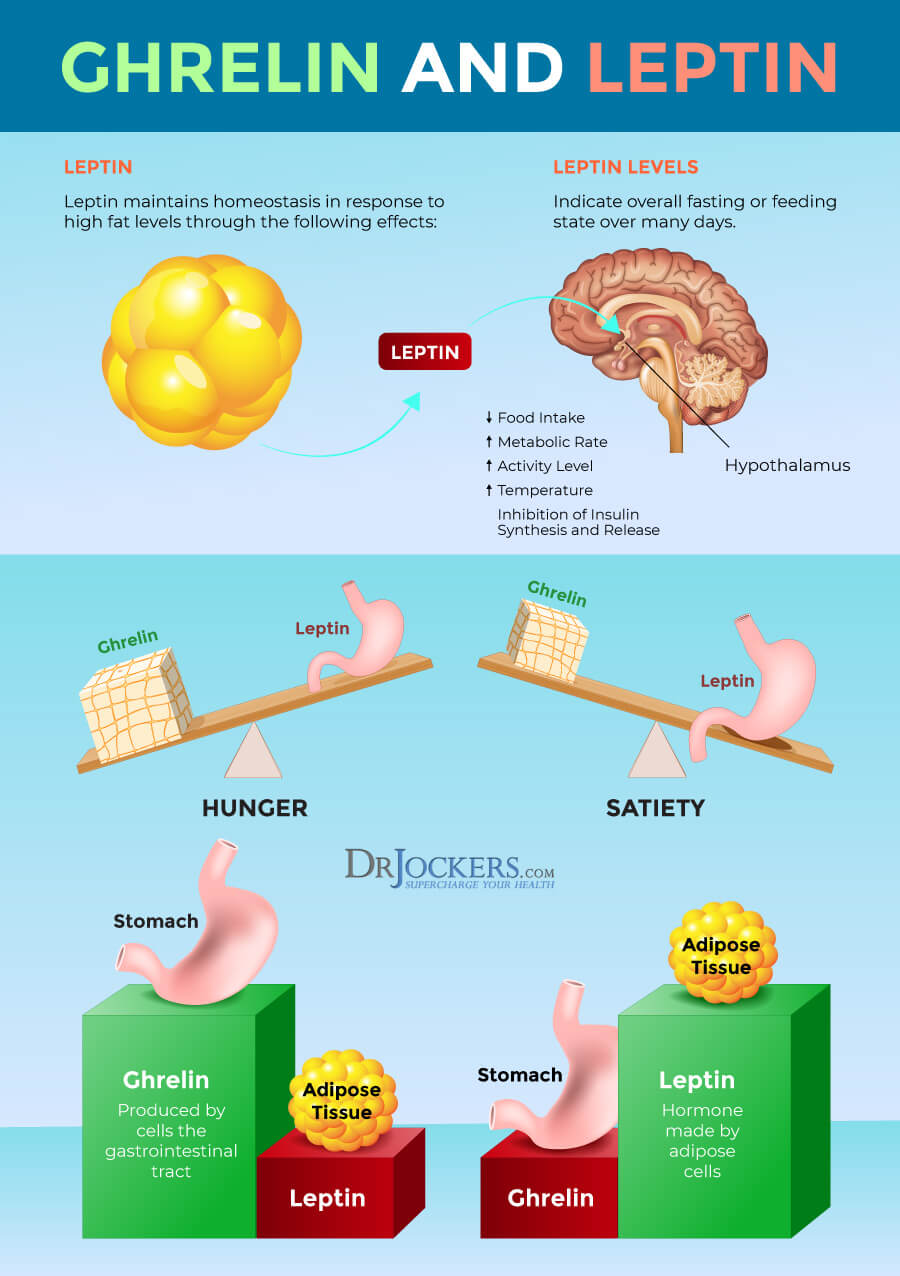
Try a Sweet Drink:
If you are feeling really depressed and deprived on your water fast, try making a calorie free lemonade by adding some organic lemon juice and liquid stevia to water. This can give you a sweet kick that boosts up some feel-good neurotransmitters and can make the fast much easier and more enjoyable.
This is one of my favorite things to do on fasts because it really does make a positive difference in my mood and ability to handle the discomfort of the fast. My family and I really love the new fruity natural water Stevia drops here which work fantastic in water. You don’t need much as they are very sweet and contain no sugar or calories!
Most people do great with this and it makes fasting easier and more comfortable but there are some who don’t respond well to the stevia. If you use this and it increases hunger and cravings it could be a sign that it triggered insulin. If this happens, than best to avoid them.
Get Grounded Daily:
If at all possible, getting outside and putting your bare feet on grass, dirt or sand can be especially helpful. There is a healthy electromagnetic frequency and negative ions that act as anti-oxidants that come from the Earth. Rubber soles in traditional shoes block us from absorbing this.
By going out barefoot or in socks and getting on the Earth, you will ground your body’s own electromagnetic current and experience improved energy, mental clarity and relaxation. This is like taking a shower and bathing off all the dirty EMF’s you have been exposed too. Just like most of us enjoy a bath or shower daily, it is a good idea to clean your electromagnetic field each day by spending 10+ minutes grounded. You can learn more about this here
This is obviously easier to do in warmer climates than colder ones. If it is cold outside, try going out in socks and taking a walk around your neighborhood. Your neighbors may look at you funny…but it will be worth it. If it is snowing or wintery outside than I would consider taking a vacation to a warm sunny beach to do your fast if it is possible.
If you are unable to ground your body daily…you can still have a successful fast, I just find that it can make the fast more comfortable.
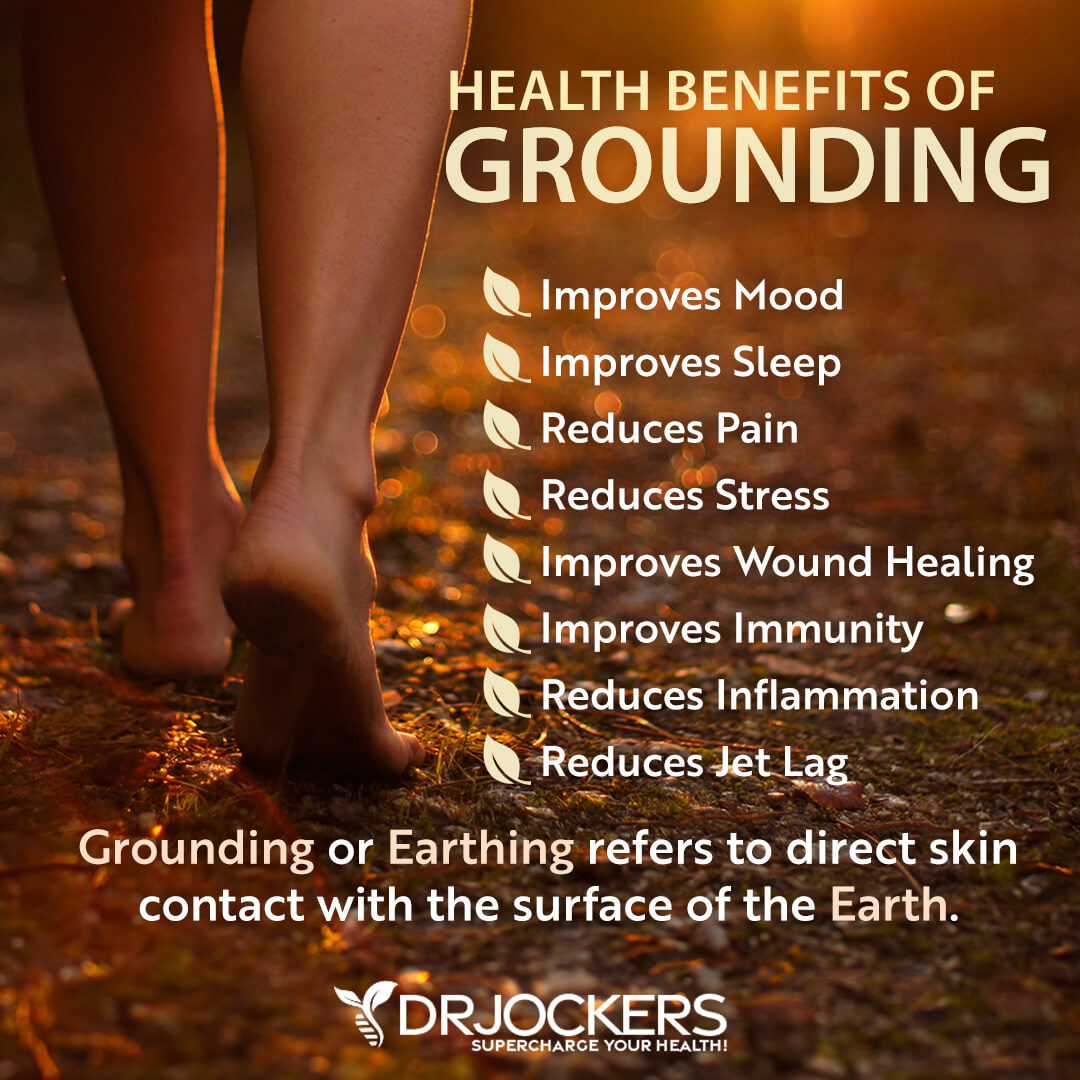
Get Sunshine Each Day if Possible:
Getting as much of your body in the sun as possible is extremely beneficial. Don’t burn your skin, but getting a bit of a suntan will help stimulate vitamin D and enhance your fat burning physiology to get into ketosis faster.
In addition, sunshine has powerful biophotons that help to reduce stress hormones and stimulate the production of feel good neurotransmitters serotonin, dopamine and endorphins that will greatly improve your fasting experience.
This is another reason to take a beach vacation for your first fast if you are able too. Obviously, this isn’t an option for many and you can still get great results water fasting without regular sun exposure but it certainly does help make it a more comfortable experience.
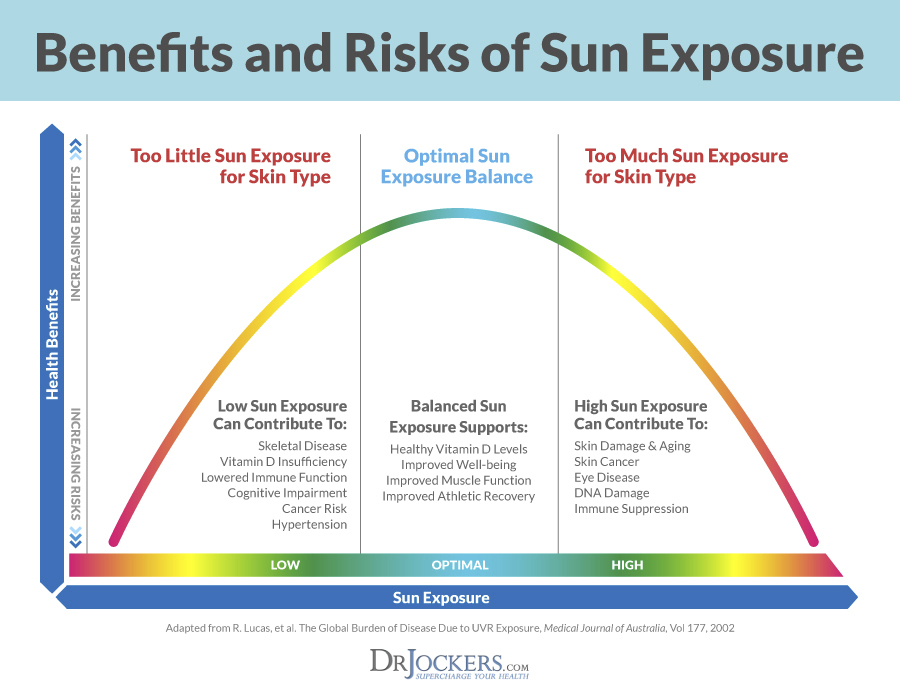
Move Your Body:
Going out and taking walks throughout the day can be very helpful. Walking naturally stimulates circulation and lymphatic movement and boosts up feel good neurotransmitters.
It is best if you are able to walk in nature (such as at a park or in the woods) to be around the healthy EMF’s from the natural world. If you are unable to do that or the weather doesn’t permit you to get outside, then walk around your home a few times, up and down stairs or get on a treadmill, elliptical or stationary bike.
The goal is not to burn calories or get a great burn…it is simply a relaxation walk to move your body at a comfortable pace. Aim to get at least 40-60 mins of relaxing movement in each day spread out throughout the day. You can do 20 mins – 2-3 times daily, 15 minutes – 3-4 times daily or 10 minutes – 4-6 times daily. Whatever works best for your schedule and what your body tells you feels the best.
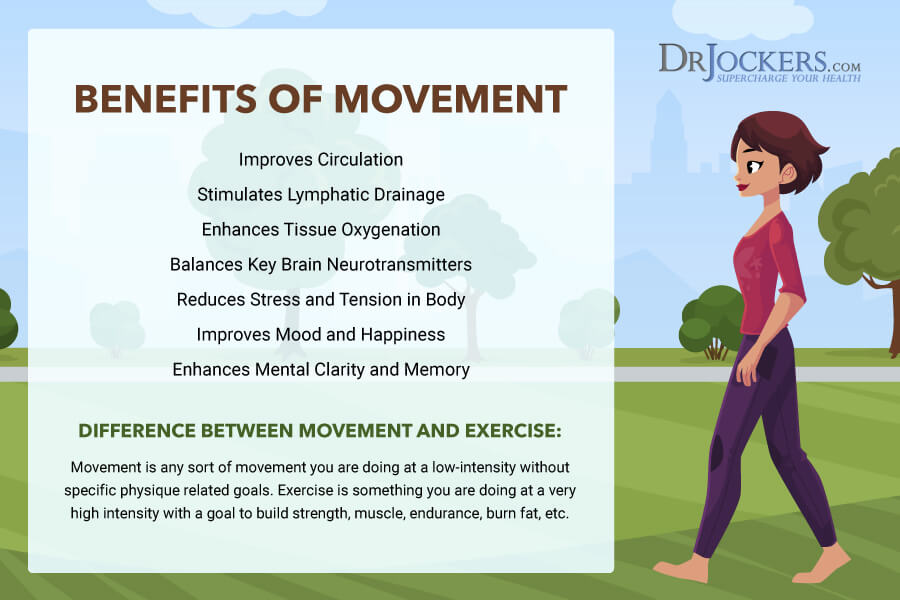
Give Yourself Permission to Rest:
In our society, we are always on the go and we get addicted to productivity. During a fast, it is a great time to disconnect from this way of life and give yourself time to rest, take naps, take a warm bath, diffuse some essential oils and just relax.
During your first extended water fast, you will probably need to rest much more than after you have been practicing intermittent fasting for a while and have done one or two extended fasts. Overtime, you build your fasting muscle and you find that you are highly productive during water fasting and it may even be easier to stay busy to avoid thinking about food.
There is a time to be busy when you fast, especially after you have adapted and are feeling good, but you will also notice bouts of fatigue from time to time. It is a good idea to honor those times and listen to your body and relax.
Another good option is to take a healing bath using Epsom salts, essential oils or something else. We have a detailed article on 10 different types of healing baths here and one more specific to Epsom salts here
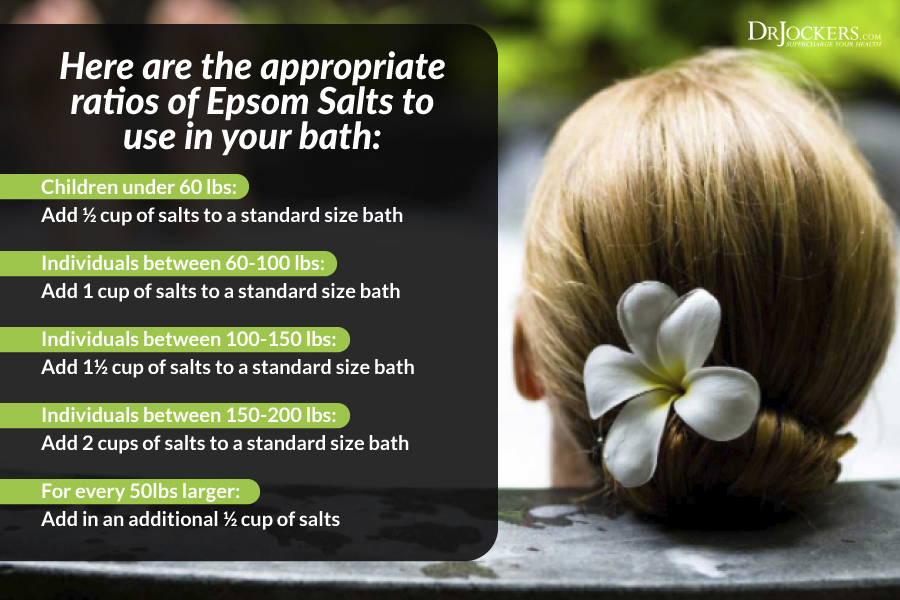
Conclusion:
Extended water fasting is one of the most powerful healing tools you can utilize to get a health transformation quickly. However, water fasting can be a major challenge for many individuals and it is important to take the proper steps to prepare yourself for success.
Following these 12 strategies will help you make the water fast less uncomfortable and increase the quality of your experience. Over time, as you practice a fasting lifestyle, you will build up your fasting fitness level and your knowledge on what you uniquely need to be successful to where this will be no big deal. I’m praying for you to have the best water fasting experience possible and get the healing breakthrough you desire!
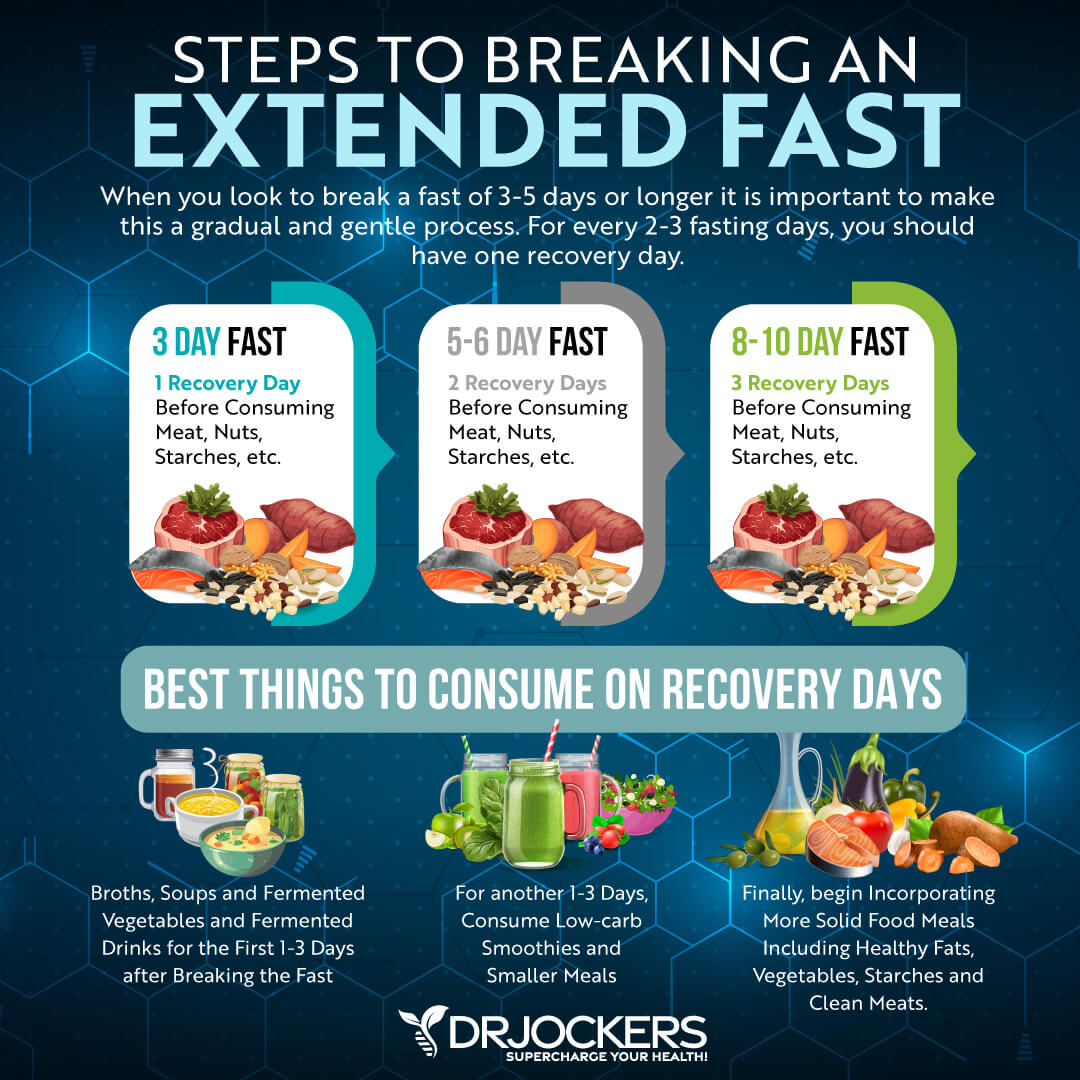
The Fasting Transformation Book
If you want to improve your metabolic health and burn fat, improve your brain and overall energy levels…intermittent and extended fasting are incredibly powerful strategies.
That is why I want to introduce you to my best-selling book, The Fasting Transformation. It goes into the most recent scientific research and strategies for implementing intermittent and extended fasting into your life.
This book is the best book on fasting the world has ever seen and I have read them all! It is now, my great honor to present this to you and I am deeply appreciative of your support!
Metabolic Autophagy & Cellular Healing Masterclass
Autophagy is the body’s innate mechanism for deep cellular healing and repair and it helps us reduce the effects of aging, inflammation and cellular damage.
The Nobel Prize in 2016 was awarded to the Japanese researcher Yoshinori Ohsumi for his breakthrough work in helping us understand the process of autophagy and how it works. If you are struggling with your health or desire to optimize your health, activating the appropriate amount of autophagy is a critical component.
This masterclass will give you in-depth video trainings along with image-rich, research-based guides to help you understand the tools and strategies to unlock your body’s dormant healing potential. You will also learn my signature 6-week Metabolic Reset Cycle that will show you how to utilize advanced nutrition strategies for deep cellular healing!
Check out the masterclass here where you will learn my best action steps for optimal healing!
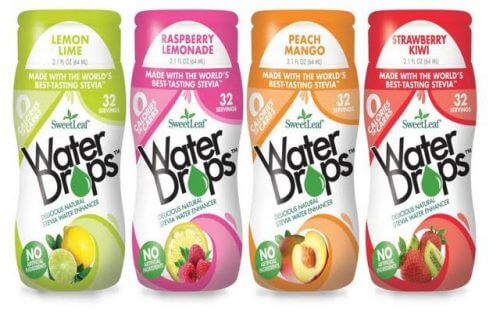
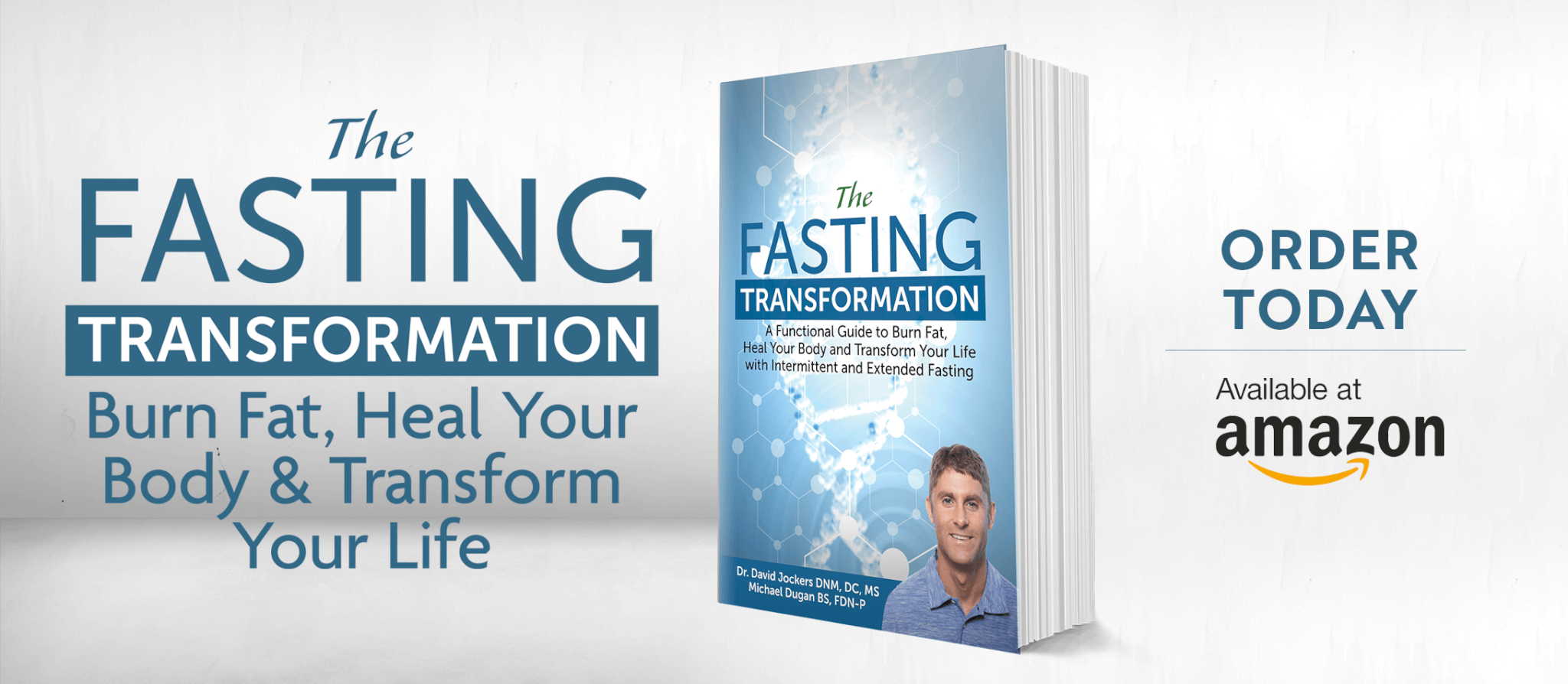
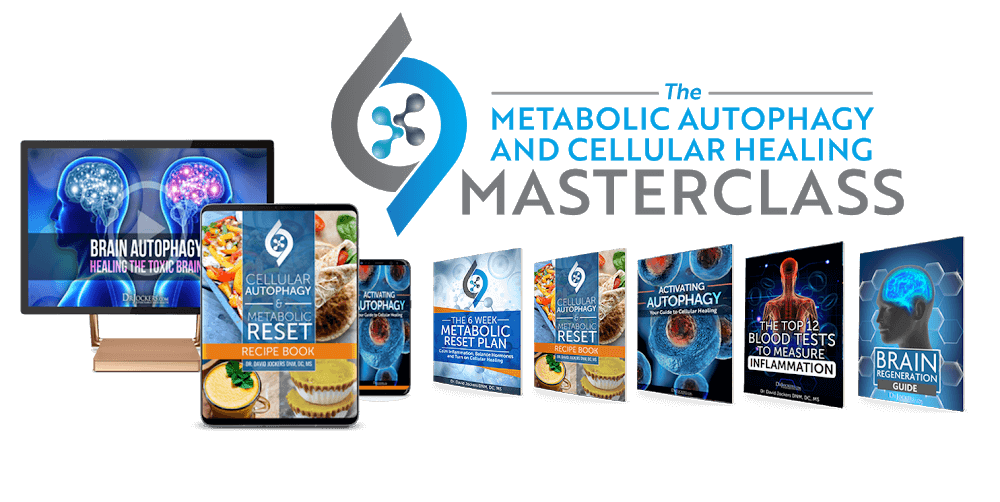



Is fasting advisable for someone who has Hashimoto’s? I have read that it can lower T3 and metabolism and this makes hypothyroid symptoms worse.
Hey Lusy,
I think it can be one of the very best things someone with an autoimmune condition can do to get better. But it should be done with a practitioner oversight. Blessings!
Is fasting advisable for me, a 50 years old lady with Dysautonomia and possibly thyroid issues.
I have been gaining weight since I got the menopause 4years ago. And yo-yo dieting.
Do you have a Dysautonomia program to follow in patient?
Sorry to hear that Leticia! I would say that fasting is something to consider and discuss with your doctor and functional health coach. Blessings!
Do you offer a fasting supervision program???
No, but you can join our Fasting Community group on Facebook here: https://www.facebook.com/groups/807737992920006/
Hi, I found your article here on fasting much more beneficial than the fasting summit; I found the Summit had too much extraneous talking and sharing without getting into the nitty-gritty of FASTING!…Sorry, that is just my own experience!
Yes, this was more specific than the summit. Thanks for sharing!
Hi there doctor Jockers, I am a 55yr old female that started a fast due to my doctor wanting to put me on diabetes medication which I refused, I did my research and started a short fast and also started a ketogenic diet. During the first month I lost 28 lbs I am now 125 lb perfect for my 5 2′ frame, in conjunction i cold turkey stopped taking clonazepam that I have been on for 20+ years……hard core detox, but God saw me thru. My question is that they also had me on lexapro which I need to stop and would like to fast my way thru this also. Is it safe? and can me brain regenerate enough to get me thru this?
Thank you in advance!
Hey Denise, it is always advisable to discuss any medication usage with your prescribing physician. Blessings!
Hello. Would you advise senior citizens to fast? My mom is 69 years old and she takes blood pressure medication.
She would need to work closely with her doctor or health care practitioner. Blessings!
Hi Doctor J.
Congratulations on the 2019 Fasting Summit … very interesting guests and good information … I am about to start a 5-7 day water fast – my first – I take Synthroid 0,112mg
Does one need to stop the Rx or is Synthroid something one should continue taking through the fast …
Thank you … God bless …
Thanks so much Bernadette! You should continue on your medication through the fast. Blessings!
Hi Dr. Jockers,
I am new to the fasting world. I definitely would like to get started on this soon before I lose my ambition to follow through with this. I’m very over weight and I’m concerned that fasting for 8-10+ days is going to be too much for me. Is there any helpful advice you could give me to help get me through?
Also, when my fasting is completed what is the best things to add back to my diet and what should I stay away from? I obviously know to try and stay away from sugars and bad fats. Is there anything you would recommend that will help speed up my weight loss after the fast?
Thank you in advance and blessings to you. 😊
Yes Jennifer, here are some helpful articles for you: https://drjockers.com/water-fast/
Breaking a Fast: https://drjockers.com/extended-fasting/
Hello Dr. Jockers, I love your articles.
Would a water fast be beneficial to treat SIBO, which I suspect is due to chronic pancreatitis? I’ve been battling food intolerances for over a year and have not been able to successfully introduce ANY fodmap foods, not a one. And lately medium fodmap foods are causing problems, even in small portions. My tolerable food list seems to be getting smaller,
I cannot afford an elemental diet, so I was wondering about water fasting.
I’m eager to hear your thoughts, thank you kindly for your incredibly informative articles 🙂
I am sorry to hear this Amber. Read this article about intermittent fasting with SIBO: https://drjockers.com/14-strategies-beat-sibo-naturally/
Hello Dr. Jockers, I find your articles very useful.
I am approaching the last day of my 5 days water fast and I was wondering if broth with addition of quinoa or lentil soup can be eaten during the recovery days.
What about coffee ?
Thanks
Hi Piero, Please join my Fasting group where I do my best to answer these types of questions: https://www.facebook.com/groups/807737992920006/
HI dr. My name is Valerie and I am 71 years old. I can easily manage a 24 hour fast. I have a small frame. I have been suffering with a disease named Camptocormia for approx 7 years. The cells in the erector spinae muscles are filled with fat which makes them unable to walk upright. My spine is fine. I have to press on my calves to keep me upright which is very debilitating and tiring. I also walk with a walker. I have very strong stomach muscles. Will water fasting help for this? And for how long should I fast? Thank you in advance.
Hi Valerie, I am very sorry to hear that you are suffering with this problem. There are numerous causes of BSS and sometimes it can be the symptom of an underlying condition. I recommend that you work with a functional health practitioner to find the root cause of camptocormia and who will work with you to customize a plan that works best for you! This article can help: https://drjockers.com/functional-nutrition-tips-to-find-a-great-health-coach/
Hi Dr
Is the FASTING MIMICKING DIET ( a product I’ve bought), as good as a 5 day water diet?
Regards
Andre.
I don’t believe it is as good as a 5 day water fast, but it still has many benefits. Here is a helpful article on it. https://drjockers.com/fasting-mimicking-diet-benefits/
Hi Dr. Jockers,
Thanks for the article. My wife and I are about to start a 3-day water fast but I have gout flare-ups. I read that fasting increases uric acid production and may not be good for people who have gout. What is your take on this? I know there are great benefits to fasting but I hate to have a gout attack as a result.
Thanks!
Cheung
No this is not true. Fasting dosn’t significantly drive up uric acid levels. But I would add in the Bioactive Carbon BioTox which will further reduce uric acid levels https://store.drjockers.com/products/bioactive-carbon-biotox
Thank you Dr.!
Hello
Been a extended water faster for about two years,, I have found no research on females specifically to extended fasting while menstruating? Although I have discussed it with other female fasters, we are on differing opinions. One says under no circumstances (aligns with her muslim beliefs more I believe?) and I have taken the approach of just listening to your body is key.. Any insights would be greatly appreciated,, planning an extended fast around a menstrual cycle in my life,, is opposite for me! I more plan the fast and if menstruation falls under that time frame ?? Her opinion is that females unlike males specifically can do irreparable harm when doing so. Thx you! love your content..
Yes, it is much more risky for menstruating females to do an extended fast on the last week of their cycle. Best to do it right after menstruation begins, so day 1-10 or so. Here is a helpful article: https://drjockers.com/menstrual-cycle/
Dr. Jockers, Thank you so much for all this amazing knowledge you have blessed us with. I am going on a 40 day fast. 21 day water and salt only-19 day broths, veggies, fruits. As I feel led by the Holy Spirit and He has wanted me to do this for a while now for greater intimacy with Him, break addictions, sanctification+more. NOT to gain righteousness, but in a response to His mercies that we were already made righteous by what He did on the cross.
I have been using Cannabis daily the past 3 months but eat very healthy and balanced along with exercise daily and I am well built with muscle.
Do you think Cannabis may have affected my nutrient stores going in to the fast?
Also,
Should I put on vitamin patches absorable through the skin while fasting??
They are called PatchMD on Amazon.
Thanks for sharing, the Cannabis should be fine! Blessings!
No need for vitamin patches absorable through the skin or Vitamin IV half way though the 21 day water only fast?
Would the Vitamin IV or vitamin patches be good for the fast or bad?
Yes that can be helpful, but make sure you aren’t taking in amino acids or sugar if you are looking for optimal autophagy results.
Hello. I have a scheduled chemo IPT day Tuesday. Im going to do a 3 day fast prior to treatment. Been reading many benefits of fasting prior to chemo. Thank you.
I have water only fasted several times and have seen dramatic improvement in degenerative arthritis. I am wondering if 21 day casts are advisable and if so how frequently would you undergo a 14-21 day waterfast. I see frequency suggestions for 5-10 day fasts but not for lengthier ones.